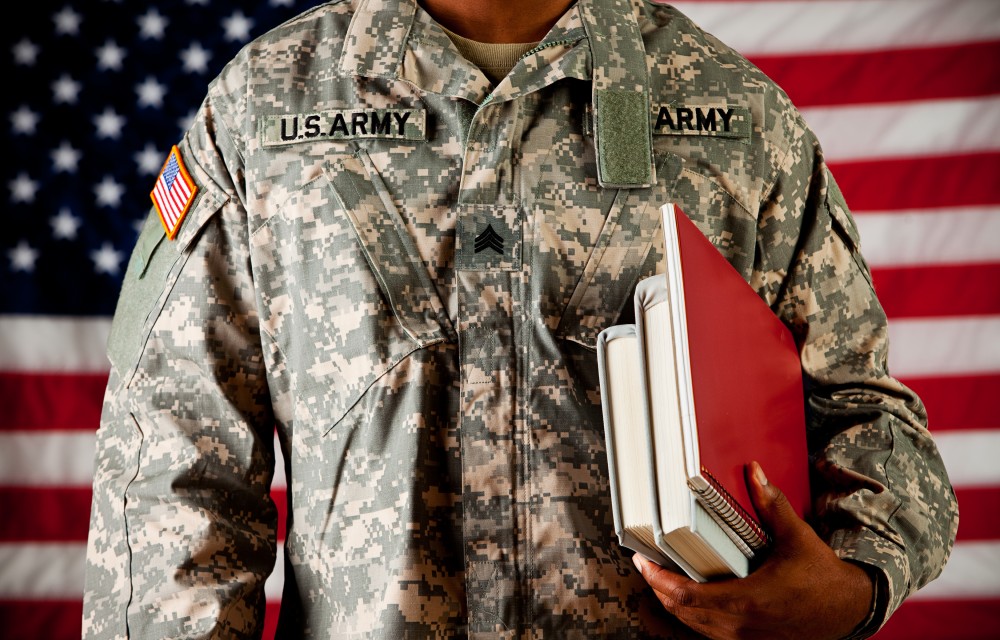
U.S. Rep. John Katko (R-NY) has introduced bipartisan legislation to incentivize continued military service and enable more Americans to enroll in postsecondary education.
Congressman Katko on Dec. 15 unveiled the Education Assistance to Realign New Eligibilities for Dependents Act of 2017, also known as the EARNED Act. The bill would expand certain service members’ ability to transfer their unused education benefits to their spouses or dependent children.
Specifically, the proposal would amend the Post-9/11 Veterans Educational Assistance Act of 2008 to expand the unused education benefit transfer eligibility to active duty or retired military personnel who have at least 20 years of active duty service, including at least 90 days of such service after Sept. 10, 2001.
“This legislation adds an additional transferability option under the Post 9/11 GI Bill that would allow service members to transfer all or some of their unused benefits to spouses or dependent children,” Katko said.
Currently, education benefit transfers are permitted if members of the Armed Forces have served for six years and if they commit to an additional four years of service. In addition, servicemembers with 10 years of service also can transfer benefits if they agree to serve the maximum period of time that is allowed, Katko’s office said. These items would remain in Katko’s bill to incentivize additional military service.
But the EARNED Act also would recognize that personnel who have served 20 years have made a sizable contribution and deserve the opportunity to transfer their education benefits, according to Katko’s office.
Rep. Gerry Connolly (D-VA) joined Katko in introducing the bill.
“We have another tool for retaining talent and ensuring a strong military,” Connolly said about the bill, which he added, “allows us to uphold our promise to veterans who have served so honorably.”
“There is no greater responsibility in Congress than to make sure that we take care of those who put on the uniform, both during and after active duty service. It is a clear win-win,” said Connolly.



